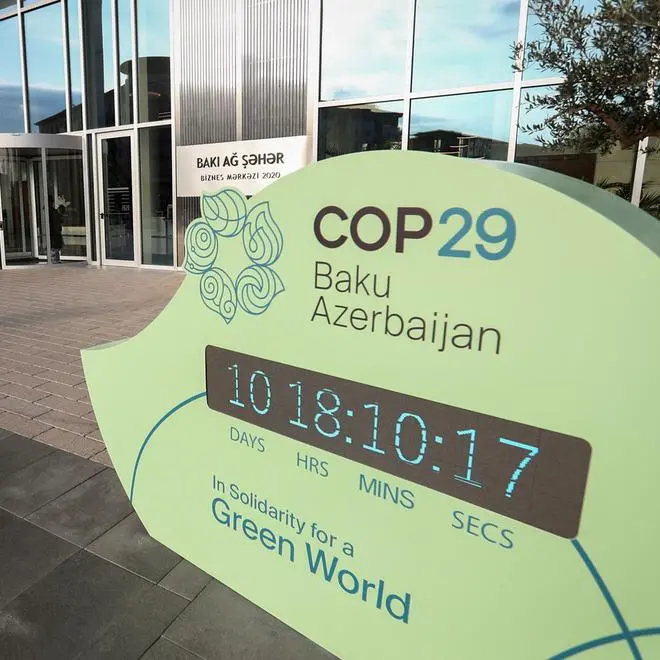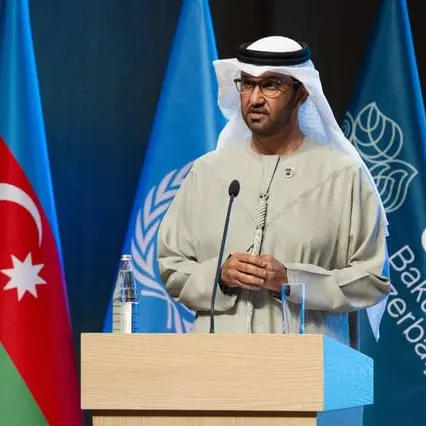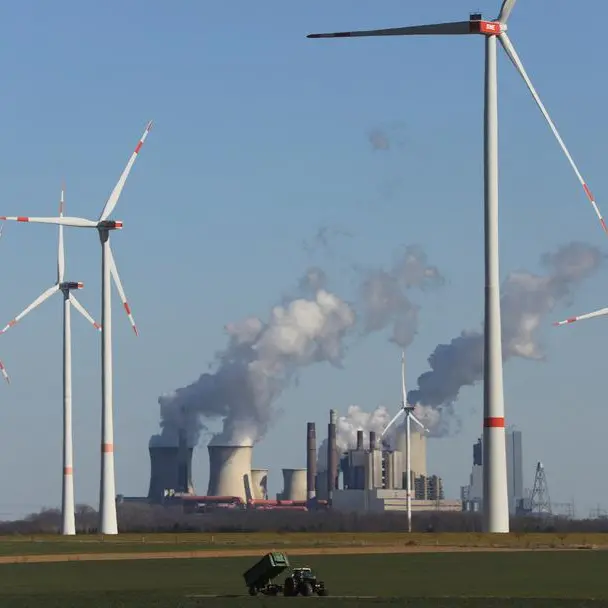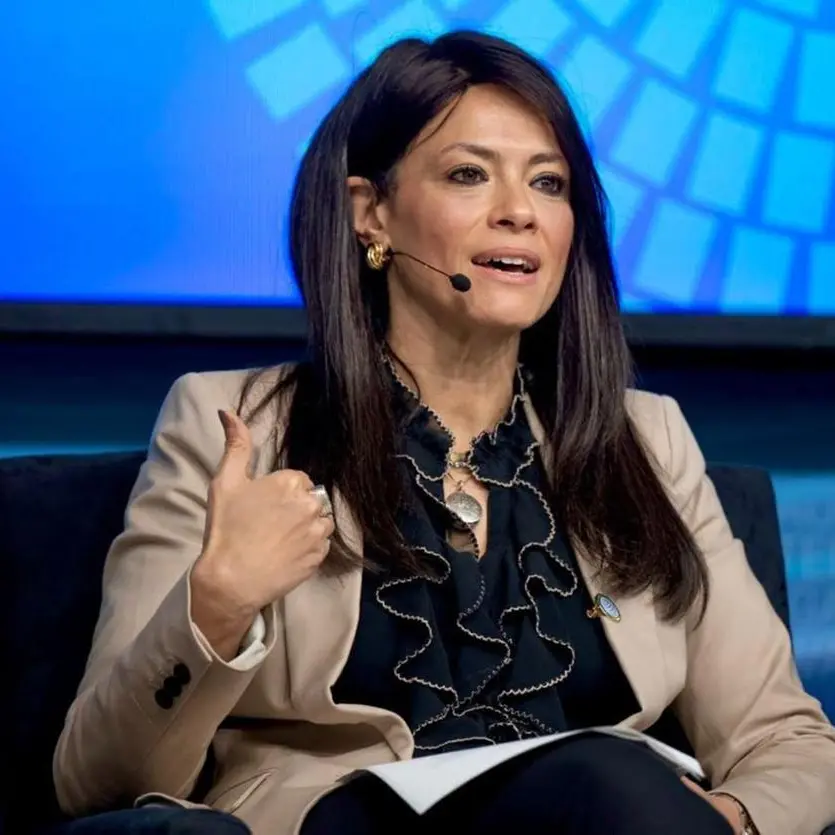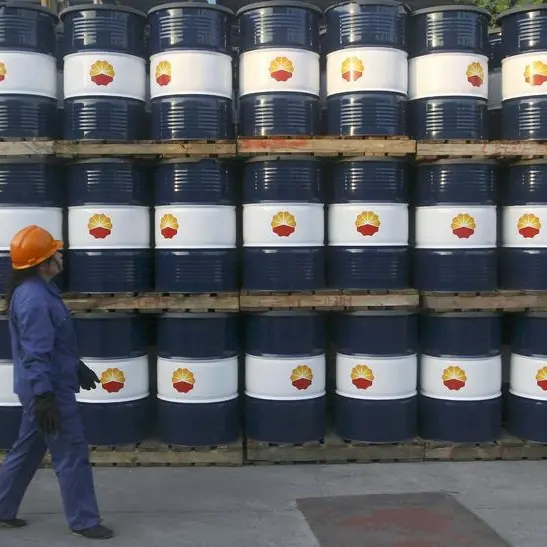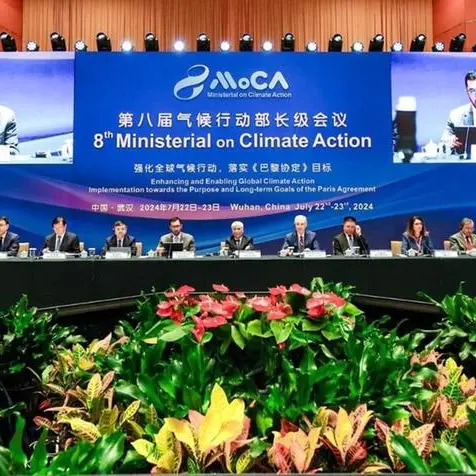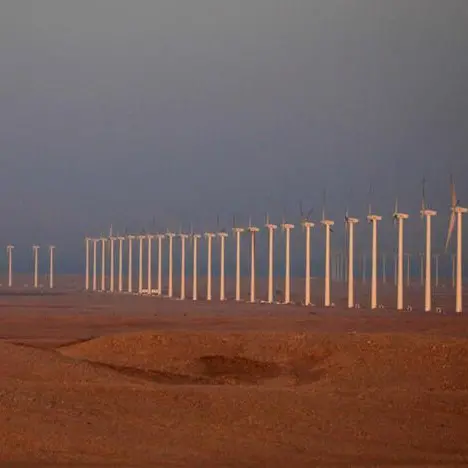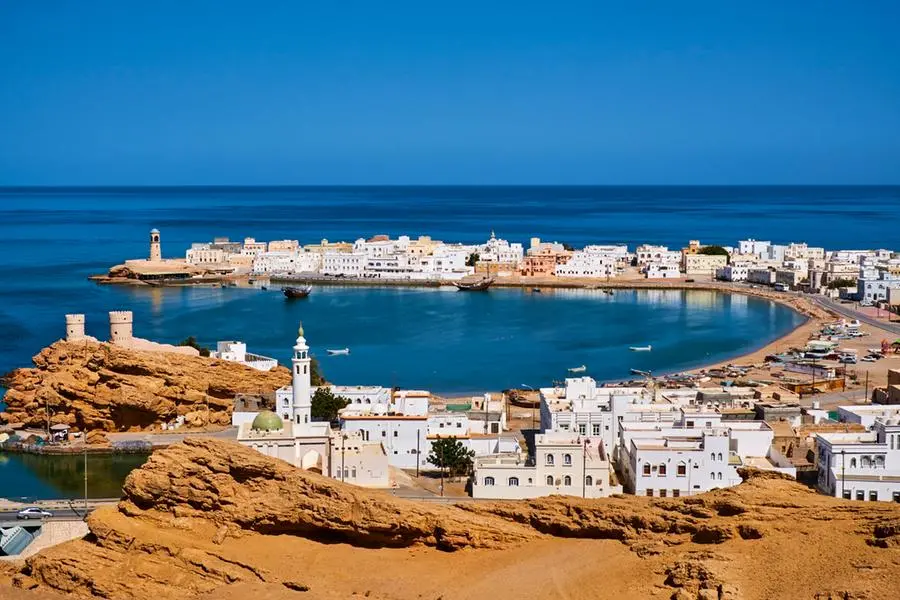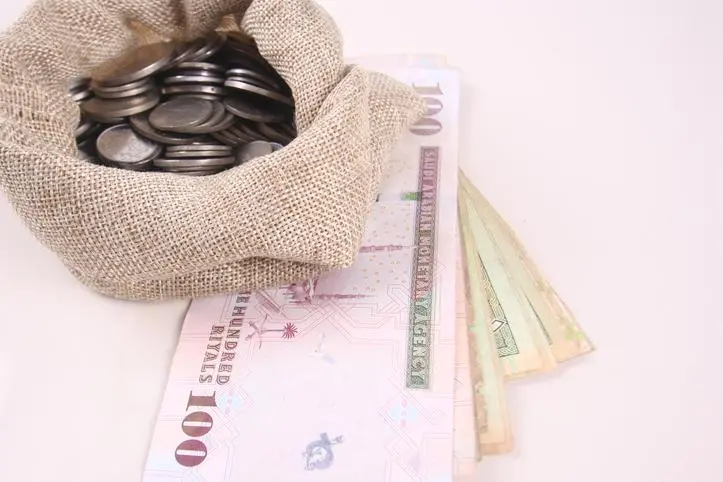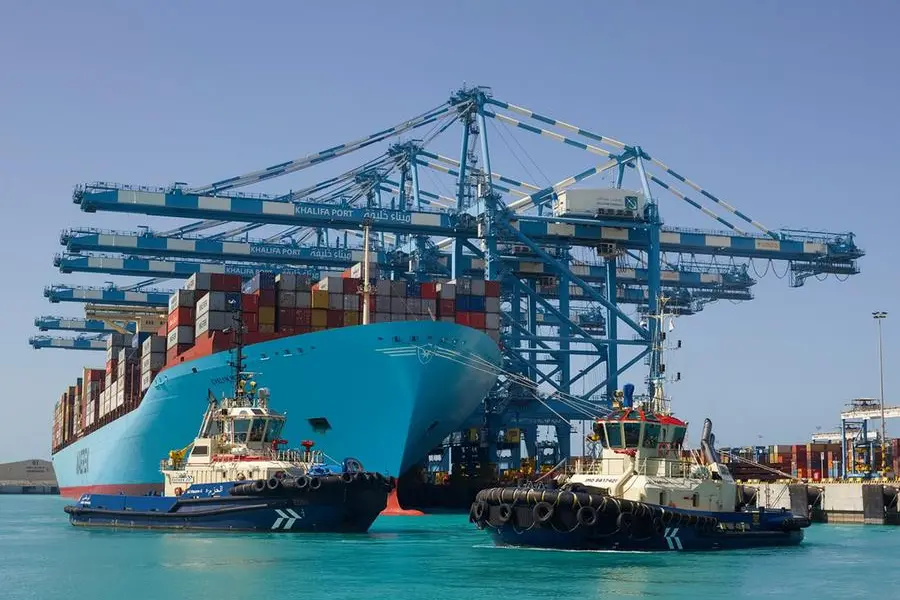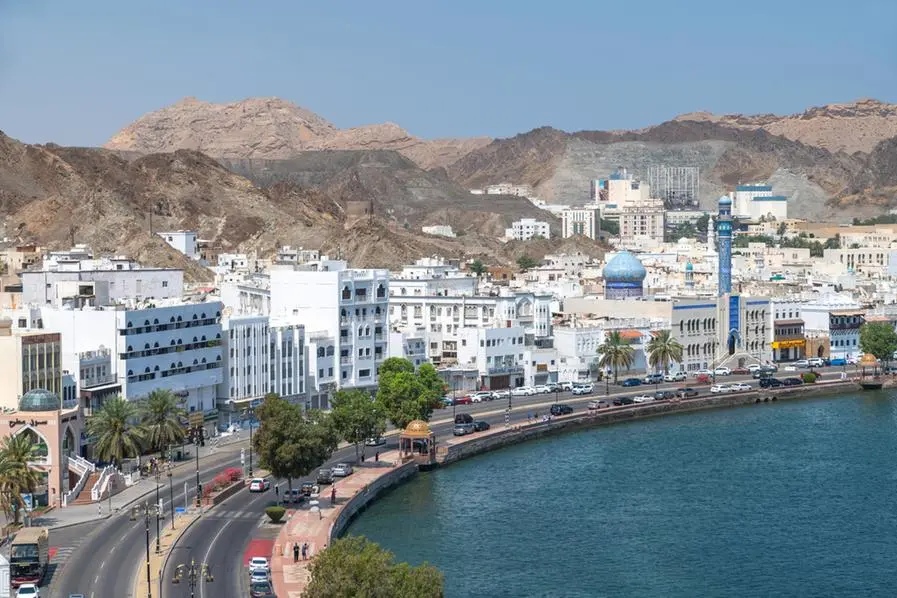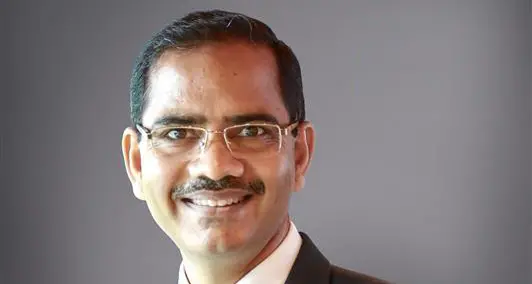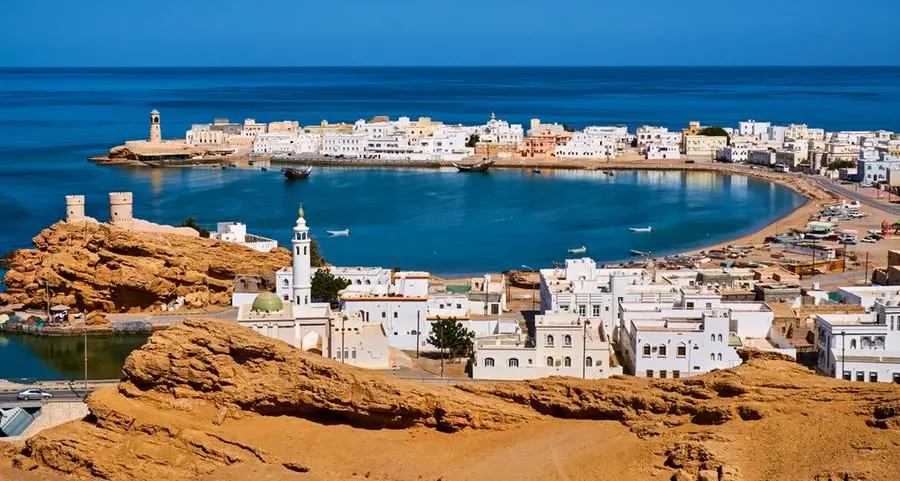PHOTO
Among the delegations representing Latin America and the Caribbean (LAC) at COP28 in Dubai, a diverse region encompassing giants like Brazil and small island states, a clear message rings out: climate change adaptation plans must be bolstered.
The region boasts vast areas vulnerable to climate change, particularly indigenous and local communities who are already facing displacement and hardship due to the climate crisis and insufficient adaptation measures.
To implement effective policies, funding needs to reach these countries directly. LAC nations are leveraging COP28 to demand improved accessibility and availability of resources allocated to climate funds, enabling them to repair damages and adapt communities to increasingly severe challenges.
Furthermore, they are calling for climate justice, arguing that industrialised nations must fulfil their financial commitments. This ensures that the most vulnerable regions of the Global South, which contribute only 11 percent of global historical emissions, do not continue to suffer disproportionately.
One of COP28's key goals is tripling installed renewable energy capacity by 2030. The LAC region stands poised to play a significant role in this endeavour. Notably, out of the 20 countries worldwide with over 70 percent renewable energy in their energy mix, twelve are located in Latin America and the Caribbean. Paraguay, Costa Rica, Ecuador, Uruguay, El Salvador, Panama, Colombia, Venezuela, Brazil, Belize, Nicaragua, and Guatemala all harness hydro, wind, and solar resources to generate electricity.
However, the region remains firm in its commitment to protecting its abundant biodiversity and natural landscapes. These resources play a crucial role in mitigating greenhouse gas emissions and achieving the goal of limiting global warming to 1.5 degrees Celsius above pre-industrial levels.
These countries have utilised their pavilions at COP28 to showcase successful renewable energy initiatives and foster dialogue and collaboration between nations in the region and globally.
In this context, the Global Stocktake, to be unveiled on the summit's closing day, holds immense value. It will provide a roadmap to embark on a prosperous path of green growth, creating job opportunities, fostering economic prosperity, and safeguarding the planet.

